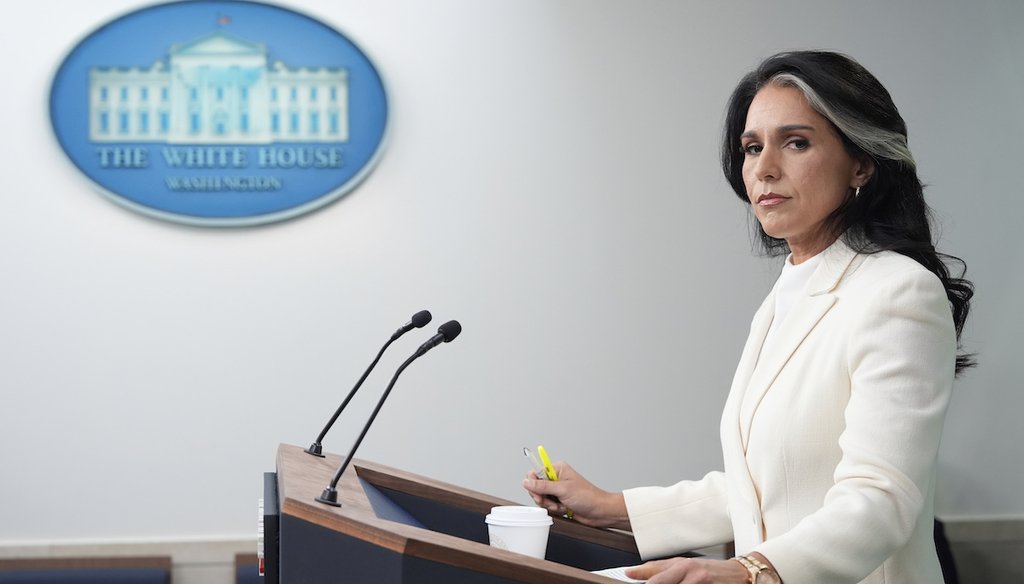- Reaction score
- 5,184
- Points
- 1,160
Perhaps in addition, in relation to all matters of FN consultation, particularly as it pertains to 'national building projects, the FN themselves could streamline and align who the government should consult with and seek consent from. There are individual bands, regional assemblies, provincial assemblies and a national assembly, not to mention the conflict between FN and Metis nations. In some cases, there is also conflict between elected councils and 'hereditary' chiefs.4) Go back to the federal government and align First Nation Consultation. Ensure that a single set of referrals is needed for a project...not a referral for the provincial approval and then a separate, independent consultation by the Federal Government with the same groups.
It almost seems designed to be endlessly circular.











